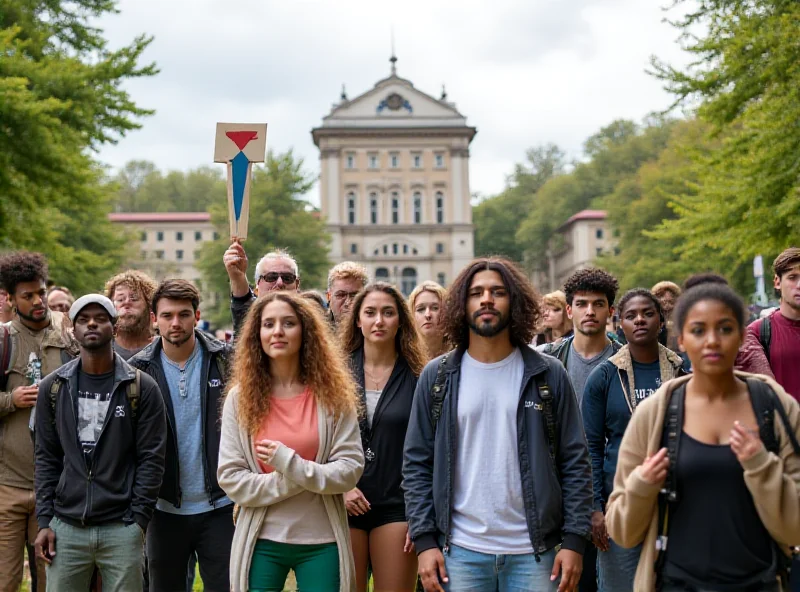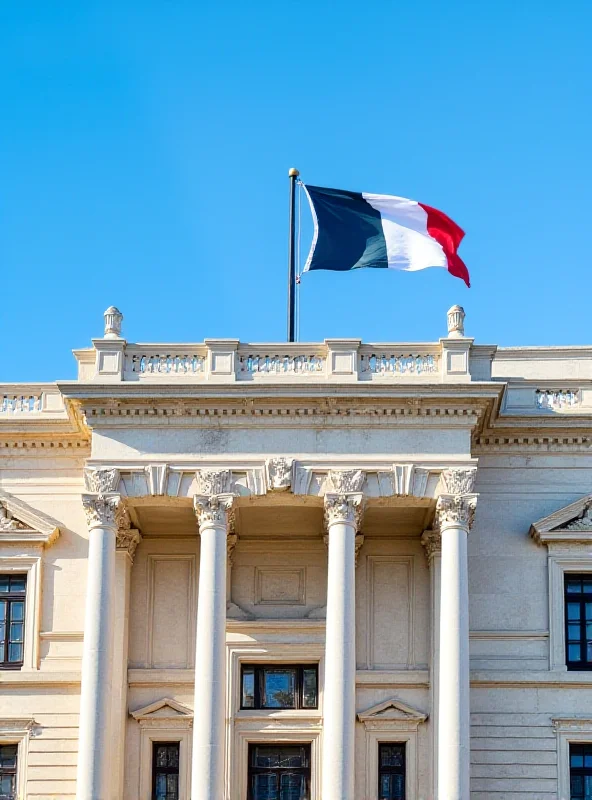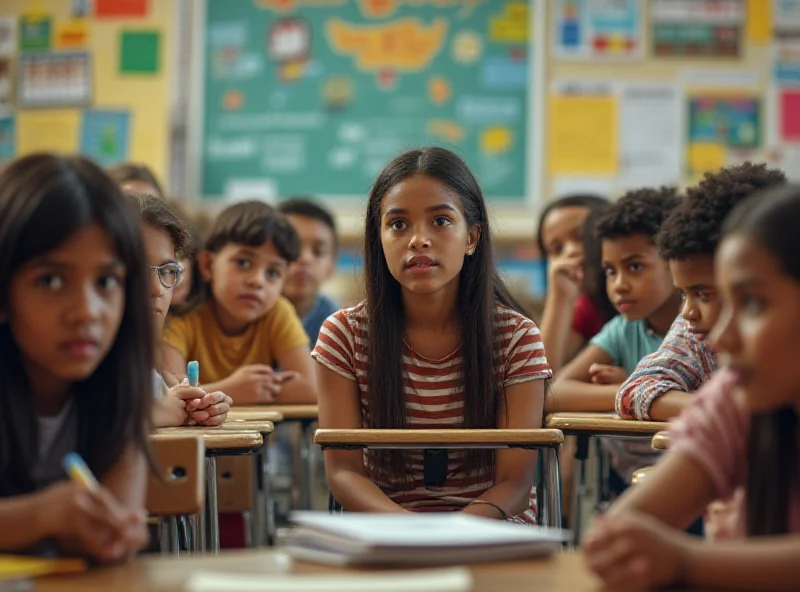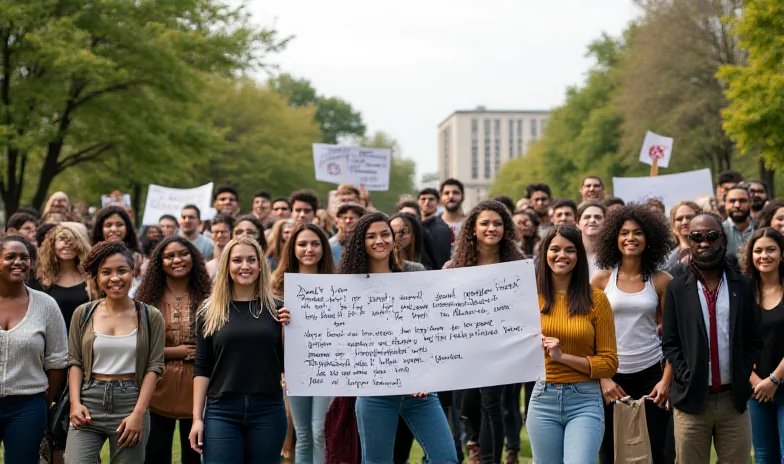Political tensions are escalating on both sides of the Atlantic, with controversies emerging in the United States and Italy. From university campuses to national parliaments, debates over free speech, corruption, and education are dominating the headlines.
Columbia University Under Fire
Columbia University is facing intense scrutiny after establishing a new disciplinary office to investigate students critical of Israel. This move has sparked widespread concern among students, faculty, and free speech advocates, who fear it could stifle open dialogue and lead to censorship on campus.

The university's decision comes amid a wave of pro-Palestinian protests on campuses across the country. Critics argue that the new disciplinary office could be used to silence dissenting voices and suppress legitimate criticism of Israeli policies. The situation is further complicated by the ongoing debate over academic freedom and the role of universities in fostering open inquiry.
Italian Politics in Turmoil
Meanwhile, in Italy, political tensions are running high over several key issues. Andrea Stroppa, described as "Musk's man," has intervened in the debate over the proposed Space Bill, which aims to regulate satellite usage in the country, including Starlink satellites. Stroppa's criticism of the FdI party and their alleged agreements with the Pd has further fueled the controversy.
Adding to the political turmoil is the "Salva Milano" case, which has triggered urgent calls for an inquiry from parliamentarians in the Avs and M5s groups. The law, allegedly written by an indicted individual, has raised serious concerns about corruption and government accountability. Deputy Santillo (M5s) has publicly questioned what measures the government intends to take to combat corruption.

"What does the government intend to do against corruption?" - Deputy Santillo, M5s
Trump's Education Plan Faces Resistance
Across the Atlantic, in the United States, former President Donald Trump's plan to abolish the Ministry of Education and decentralize education is facing significant opposition. Congress, Democrats, and teachers' unions have all voiced concerns about the potential impact of such a drastic change on the nation's education system.

Critics argue that abolishing the Ministry of Education would undermine national standards and create disparities in educational opportunities across different states. The debate over Trump's proposal highlights the deep divisions in American society over the role of government in education and the best way to prepare students for the future.
These events across the US and Italy underscore the volatile nature of contemporary politics and the challenges facing governments in navigating complex issues such as free speech, corruption, and education reform.
